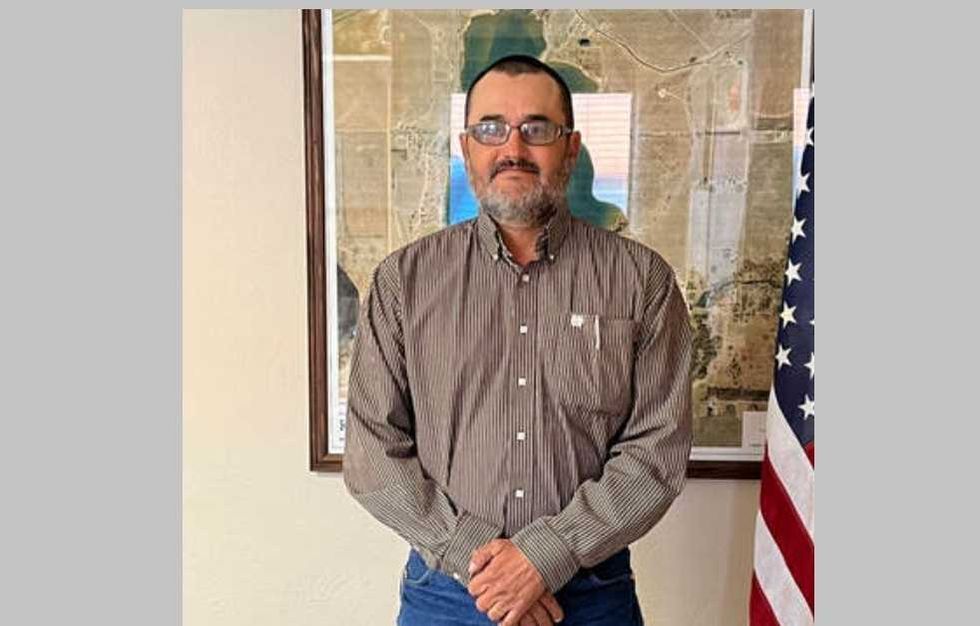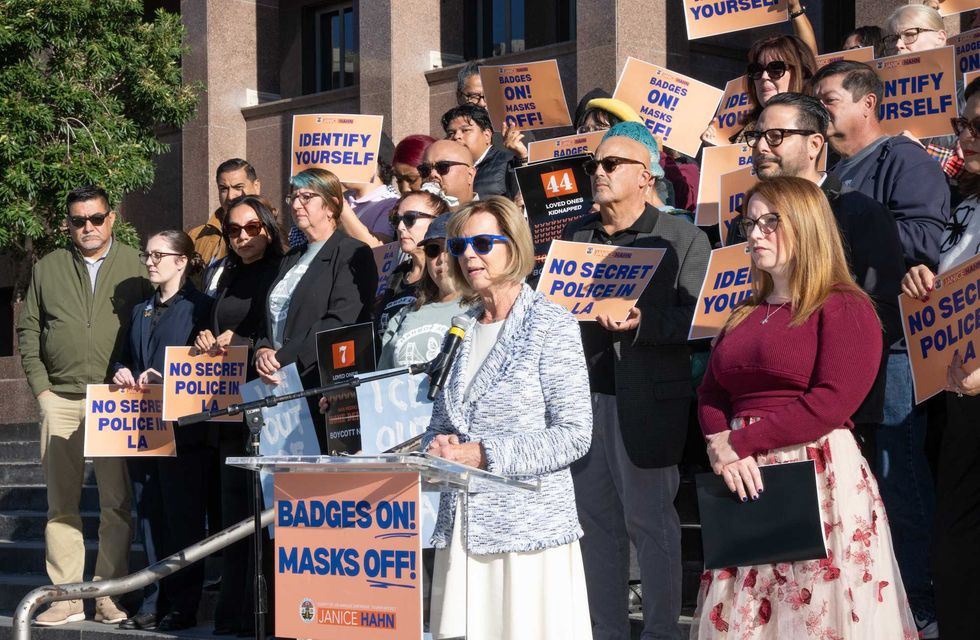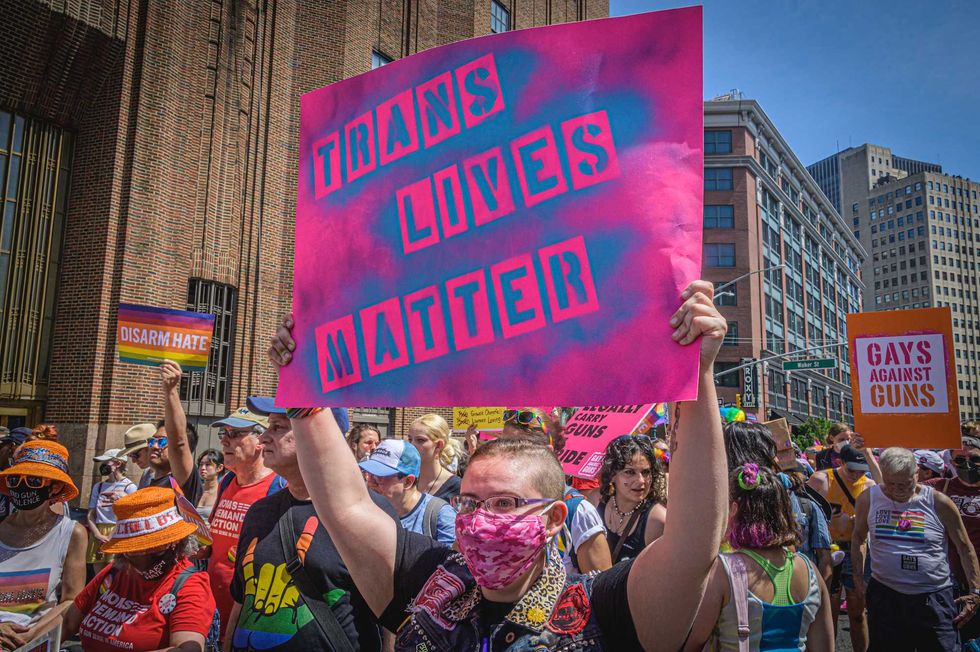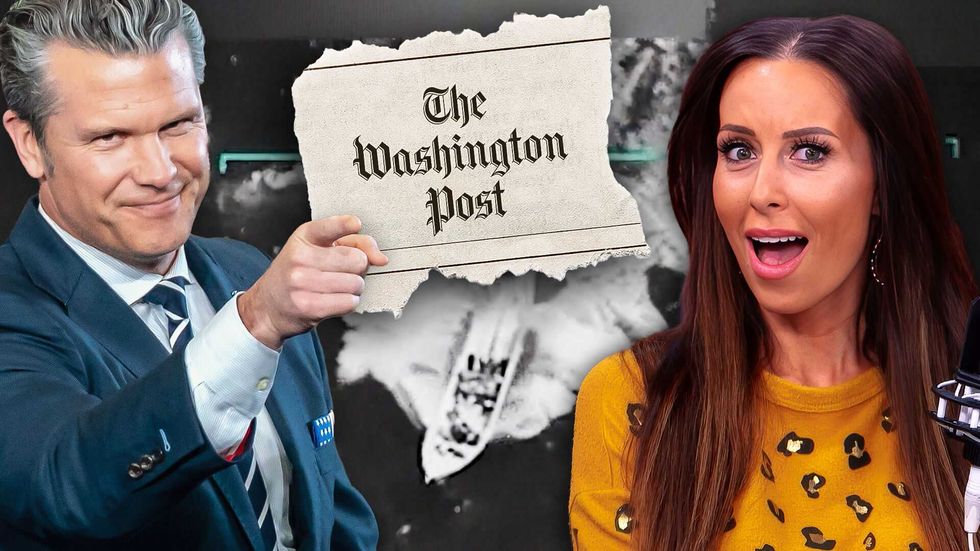Exclusive: JD Vance tells BlazeTV's Steve Deace how Trump dodged the 'bad decision' his predecessors made in the Middle East
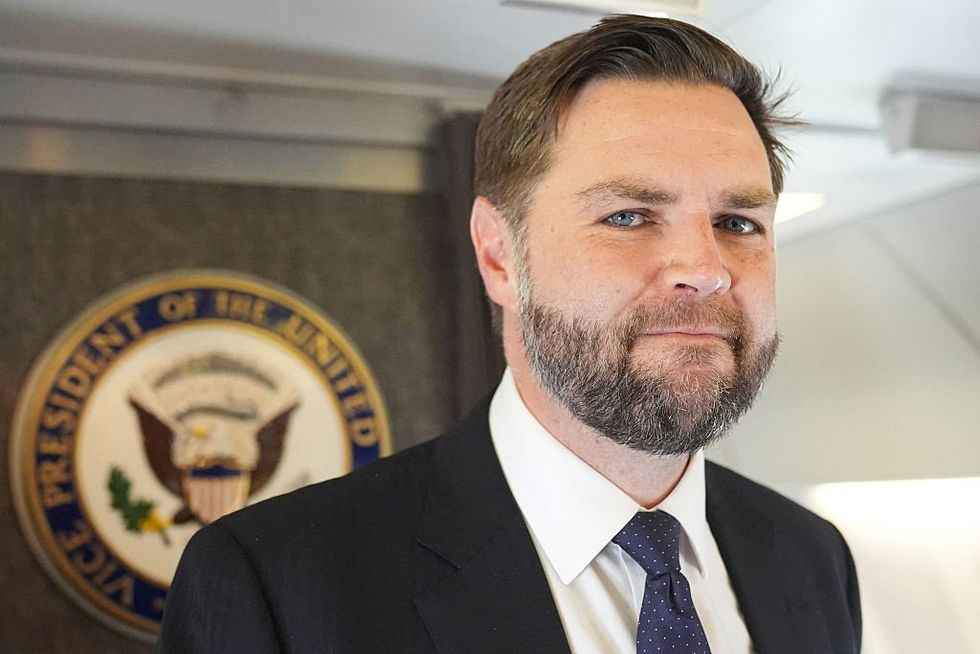
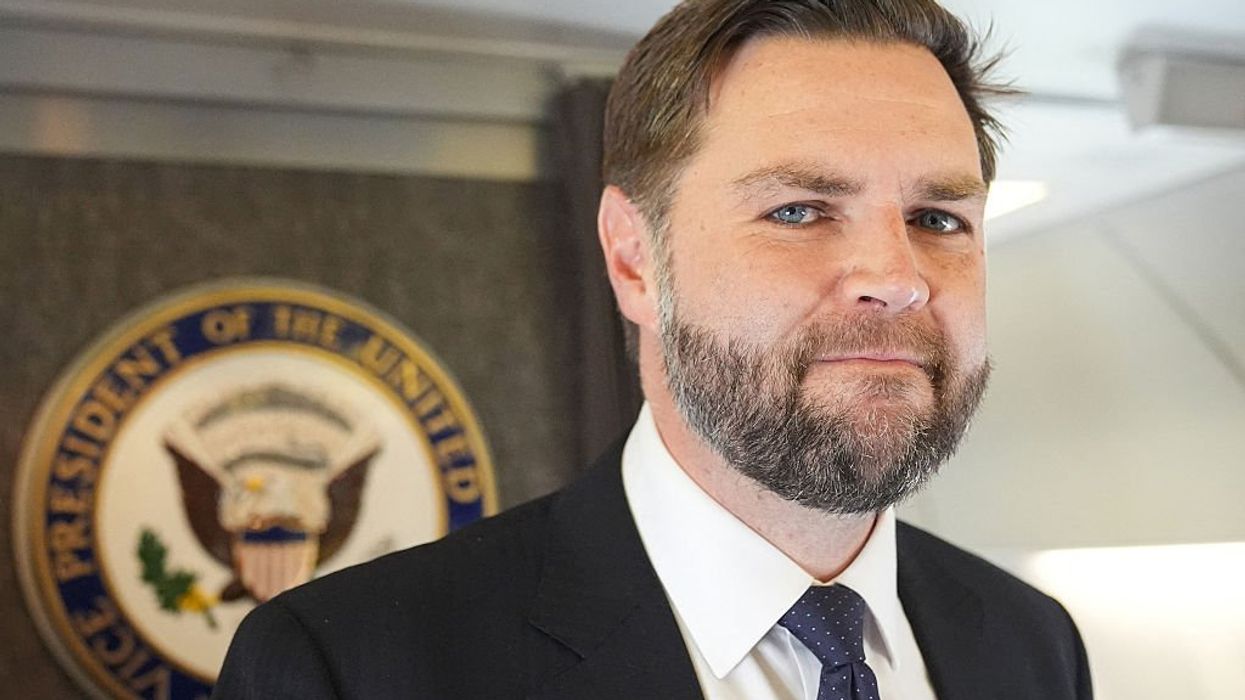
Friends and foes alike have expressed skepticism in recent days regarding President Donald Trump's approach to the Israeli-Iranian conflict. Trump appears to have once again earned their trust by neutralizing the Iranian nuclear program, striking a tenuous peace between Tehran and Jerusalem, and securing a U.S. exit out of what easily could have become another bloody Middle Eastern quagmire.
Vice President JD Vance provided BlazeTV host Steve Deace with critical insights on Tuesday both into the thinking that guided the president's successful actions in the Middle East and into how Trump avoided the damning misstep that tripped up his predecessors.
Vance, who deployed as a Marine to Iraq in 2005, indicated that he "always wondered kind of what went wrong" with past military interventions in the Middle East. This recent episode in the region buttressed his understanding that the answer is "that we allowed mission creep. In other words, we started with one mission, and then it turned into another mission, and it turned into another mission."
This phenomenon would account, in part, for why the U.S. military was formally involved in Afghanistan for two decades and in Iraq from 2003 until 2011 — protracted conflicts that claimed the lives of thousands of American service members and cost trillions of dollars.
Vance suggested that previous presidents lacked the clarity of focus and the restraint that Trump exercised in recent days.
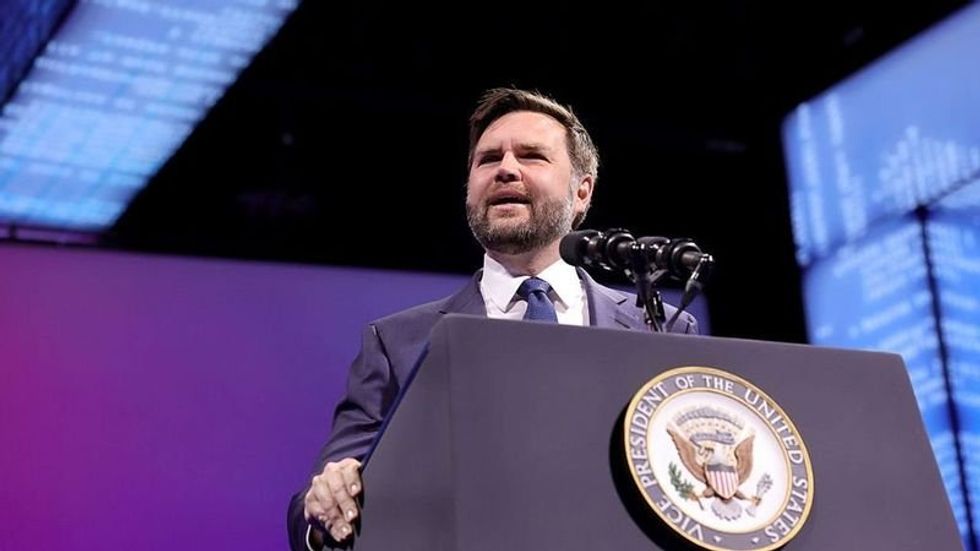 Photo by Ethan Miller/Getty Images
Photo by Ethan Miller/Getty Images
"You didn't have the kind of presidential leadership to say, 'We are going to do what we came to do, and then once we've accomplished that successfully, we're going to get out,'" Vance told Deace. "And what did the president say we needed to do? We needed to destroy the Iranian nuclear program. We did that, of course, with incredibly competent troops and, really, an amazing military operation."
"The president just never let that mission creep settle in to the way the generals were thinking about it, the [way] diplomats were thinking about it," continued the vice president. "I really have to give the president all of the credit here, because I think, look — American history has told us that given the situation that [Trump] was in, every American president of pretty much my lifetime has made a bad decision in the Middle East. He was able to get in there, do what he said he was going to do, and then put the region back on the path to peace."
— (@)
Vance indicated further that Trump has changed the nature of the game, particularly where international expectations go, noting that foreign powers have come to expect the U.S. to "permanently entrench ourselves in that region of the world; to try to build democracies; to build separate nations, sometimes even separate cultures within a country where you didn't have any democratic culture."
The reason why the U.S. defied expectations this time around is because the man in charge "has made it very clear that the only thing the United States is going to be on the hook for is accomplishing our national objectives and our national mission."
'We don't want to have to serve as the policemen of the world.'
While emphasizing a willingness from the Trump administration to engage in diplomacy, Vance emphasized that America's interests remain the top priority — that "America first" is Trump's guiding principle in such matters.
Deace suggested that many in the MAGA coalition have been torn between a love for Israel and a desire to limit American engagements in the Middle East, particularly those that might draw American troops abroad.
Vance indicated that Trump "has been able to thread the needle very well" by simultaneously recognizing Israel as a "very important ally" with which there are multiple opportunities for cooperation, and the need, both for the U.S. and Jerusalem, for the U.S. to give up the role of "policemen of the Middle East" and leave that responsibility to the Israelis and the "rational" Gulf Arab states.
"We want Israel and the Gulf Arab countries to police their own back yard," said Vance. "We don't want to have to serve as the policemen of the world."
— (@)
In addition to seeking further disentanglement from Middle Eastern affairs, the vice president suggested there is also room for criticism of the action taken on the part of friends in the region.
'I think so long as we have political leaders in America who are laser-focused on the United States, yes, we can be pro-Israel.'
Vance noted that while Israel "is a great friend of ours, and we are in agreement on the deep cultural value question," that "doesn't mean that on every question of foreign policy we're always going to be aligned."
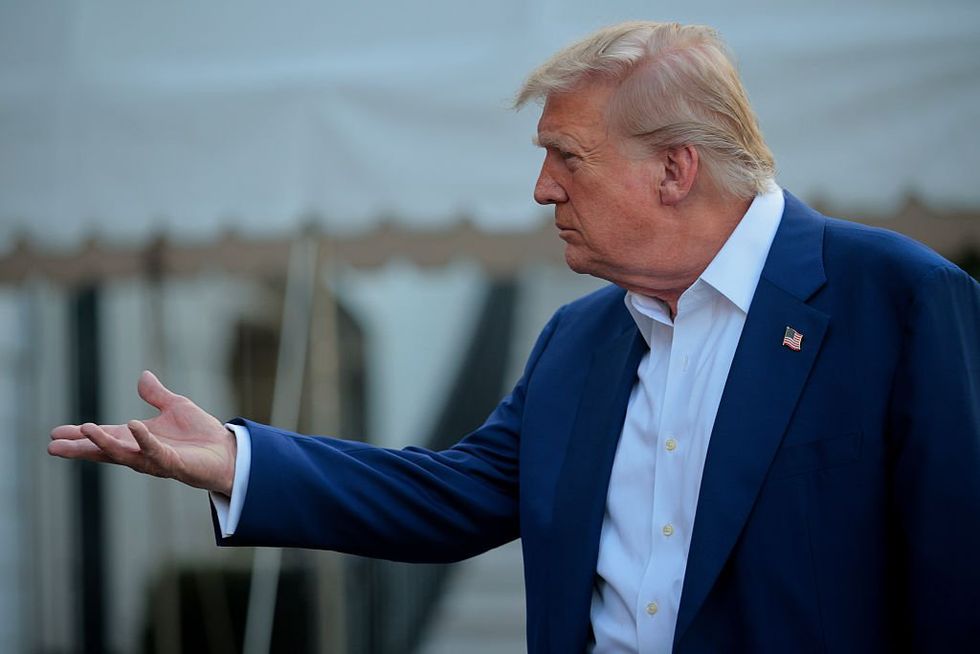 Photo by Chip Somodevilla/Getty Images
Photo by Chip Somodevilla/Getty Images
Vance cited as an example Trump's stern call Tuesday morning with Israeli Prime Minister Benjamin Netanyahu, in which the president made clear that the ceasefire needed to be respected.
"I think so long as we have political leaders in America who are laser-focused on the United States, yes, we can be pro-Israel. Yes, we can say that our Israeli friends have a lot of, you know — there are a lot of ways in which we can work together," Vance told Deace. "Allies often do work together, but sometimes allies have disagreement, and I think we just have to be honest about that."
Like Blaze News? Bypass the censors, sign up for our newsletters, and get stories like this direct to your inbox. Sign up here!
Originally Published at Daily Wire, Daily Signal, or The Blaze
What's Your Reaction?
 Like
0
Like
0
 Dislike
0
Dislike
0
 Love
0
Love
0
 Funny
0
Funny
0
 Angry
0
Angry
0
 Sad
0
Sad
0
 Wow
0
Wow
0
